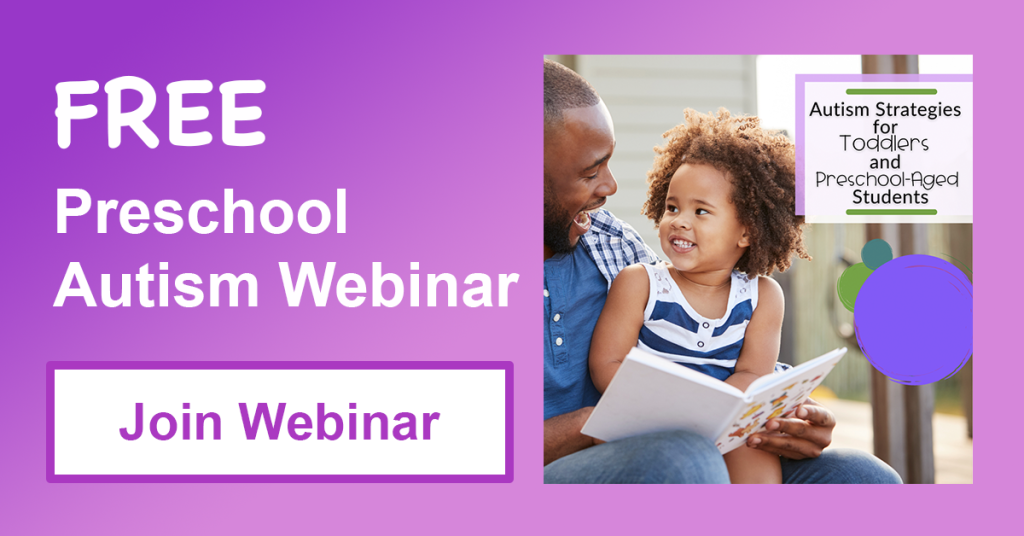“Well, I guess you better figure it out”....
Episode #143: Data Collection For Autistic Learners
How do you know if your therapy is working? Data collection is an important aspect of therapy to analyze goals and student improvement. During my 20 years of public school experience, I once had my data subpoenaed! It might be rare, but it CAN happen, so you want to be prepared.
Depending on your student goals and program, the way you collect data may differ. For some students, it may be appropriate to cold probe and collect discontinuous data with other continuous trials may be necessary. I explain how I use Google Forms to create digital data tracking for whichever need you have, which you can even attach to your Google Calendar to appear when you’re working with each student.
When it comes to paper data, many teachers and therapists create a data binder. For me, I like to include a calendar template, IEP goals and objectives, and then the various data sheets and task lists.
Consistently tracking data is crucial for your students and for yourself when it comes to creating progress reports, discussing progress in meetings, and even in the event the court may subpoena your data, like they did for me. Be sure to check out all of the resources I discussed today so that you can make your data collection habits organized and efficient.
#autism #speechtherapy
What’s Inside:
- Why is data collection important?
- What are the various modes of data collection?
- How to organize data.
- How to individualize data collection.
- What to do if your data is subpoenaed?
Mentioned In This Episode
—Speech Therapy Data Binder
—Data Collection using Google Forms
—Membership – ABA Speech
Rate, Review & Subscribe
If you found this podcast helpful, please consider rating and reviewing my show! This helps me to support more people — just like you!
If you have not done so already, subscribe to the podcast. This ensures that you do not miss an episode!
Listen on
Apple Podcasts
Listen on
Stitcher
Subscribe
via Email
You Might Also Like…
Episode #185: Replay: The Power of Joint Attention
Enjoy this replay from episode 62. Joint attention is...
Episode #184: 5 Tips For Dealing With Contentious IEP Meetings
Conflict is part of what we do...
